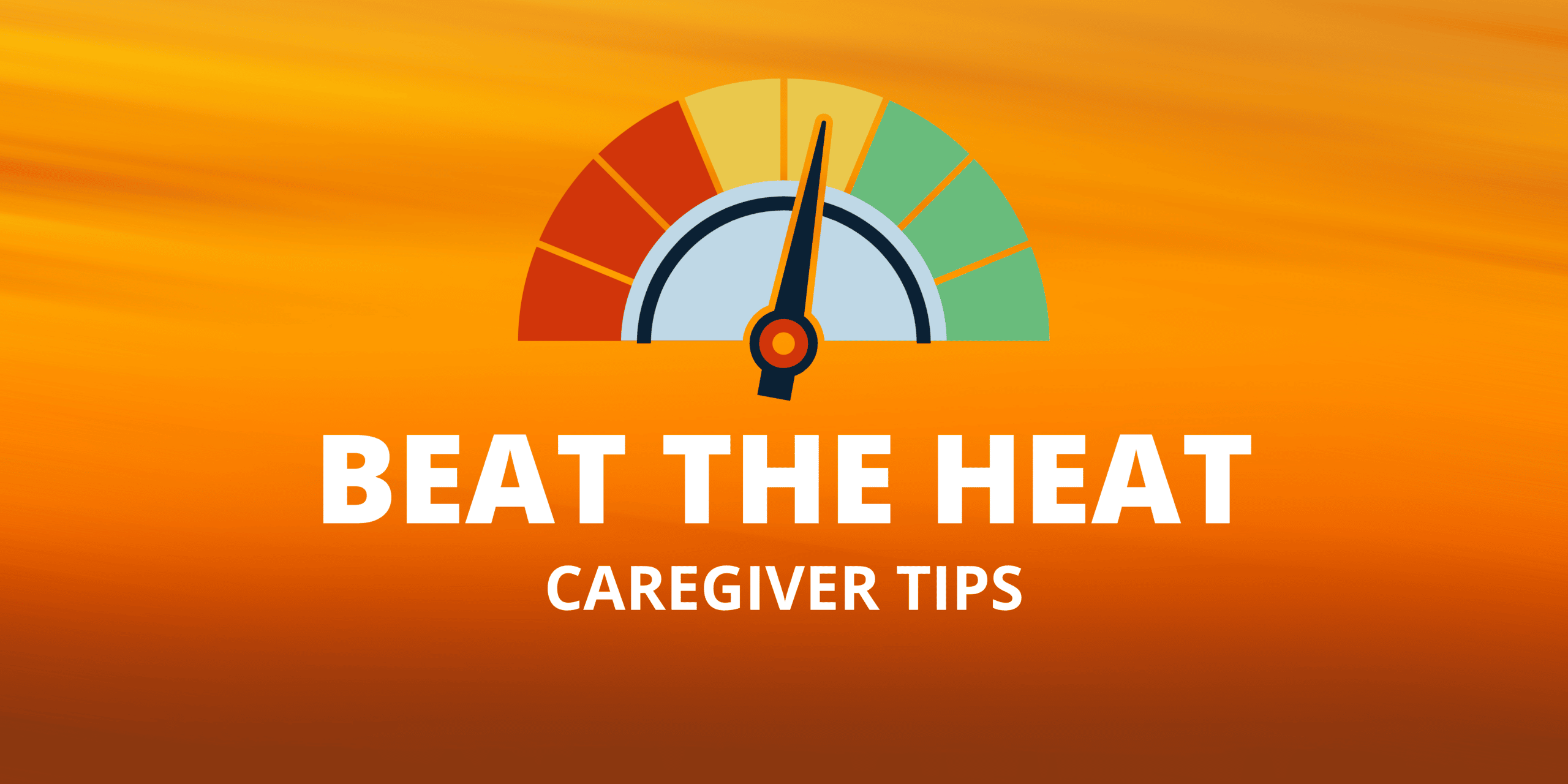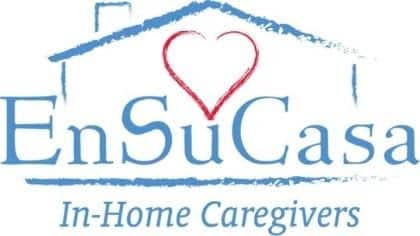
11 Aug Beat the Heat – Caregiver Tips
Get prepared for another hot month!
August is usually the warmest month of the year, which isn’t comforting to many Texans who have been living in record-breaking, triple-digit heat all summer. To help caregivers prepare, we’ve rounded up some tips on how to stay safe, cool and healthy amid these hot temperatures. This is especially important for seniors, who are more at risk for developing heat-related illnesses.
Staying cool:
- Stay hydrated. Don’t wait until you’re thirsty to drink water, and try to avoid excessive caffeine and soda.
- Limit exposure to the sun by staying indoors as much as possible. When you go outside, wear sunscreen with an SPF of 30 or higher.
- Try to plan any outdoor activity in the early morning or evening when it’s cooler. Try to stick with locations that are well-shaded and have a lot of trees.
- Wear light-colored, loose fitting clothing and wide-brimmed hats. Fabric should be breathable to permit the evaporation of perspiration, so aim for anything made with cotton, linen or rayon.
- If your home does not have efficient air-conditioning or any A/C at all, take frequent cool baths or showers. You can also visit a public cooling center, which are free and open to the community. View a list of San Antonio cooling centers here.
Avoiding heat-related illnesses:
Heat Cramps: Painful, involuntary muscle spasms. These usually occur during increased activity in hot environments. Heat cramps can be treated by moving to a cooler space, drinking water, and lightly stretching or massaging affected areas.
Heat Exhaustion: The body’s response to an excessive loss of water and salt, usually through excessive sweating. Heat exhaustion is most likely to affect the elderly and people with high blood pressure. To treat it, move victims to a cooler location, remove unnecessary clothing, and encourage frequent sips of water. Try fanning the victim or applying cool cloths to their skin to help them cool down.
Heat Stroke: A severe medical emergency that occurs when the body can no longer control its temperature. When heat stroke occurs, the body temperature can rise to 106°F or higher within 10 to 15 minutes, and is unable to cool down. To treat heat stroke, call 911 or emergency medical services, or get the victim to a hospital immediately.



